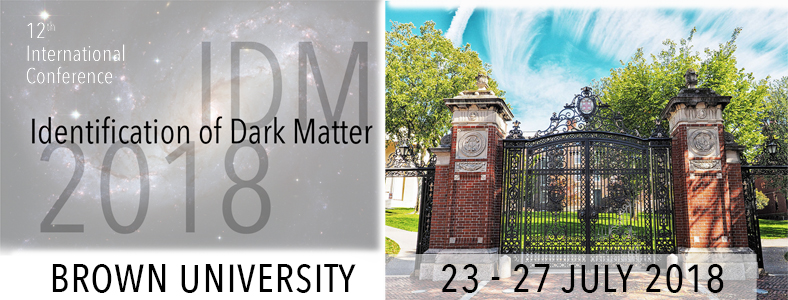Speaker
Description
Although the $\Lambda$CDM model is in excellent agreement with the observed CMB, its prediction for the current rate of expansion of the universe is in tension with observations of the local universe at $ > 3 \sigma$. Furthermore, theoretically motivating a cosmological constant has proved difficult. In this talk, I will discuss a solution to the Hubble tension in the form of early dark energy, modeled as a scalar field in a linear potential. This behaves like a cosmological constant at early times and then decays away quickly as $(1+z)^6$ at some redshift. It therefore only influences the expansion rate over a small range in redshift. If such a field becomes dynamical before recombination, it can increase the expansion rate and decrease the angular size of the sound horizon. This precisely measured quantity can be brought back in agreement with observations by an increase in the predicted value of $H_0$, reducing the Hubble tension. I will present constraints to this model and discuss its effectiveness in diminishing the tension.
I am also submitting an abstract to the track Theory.
